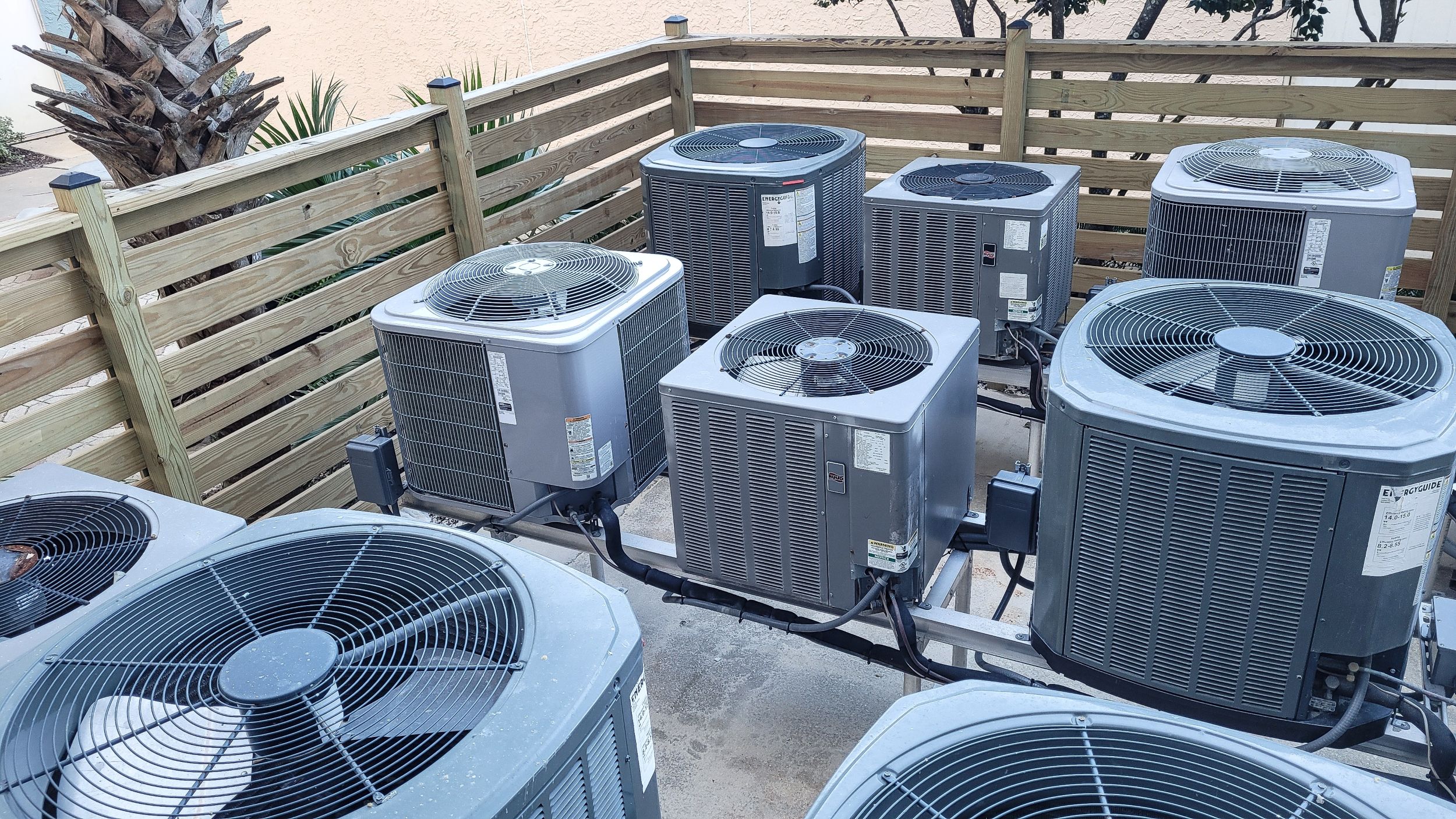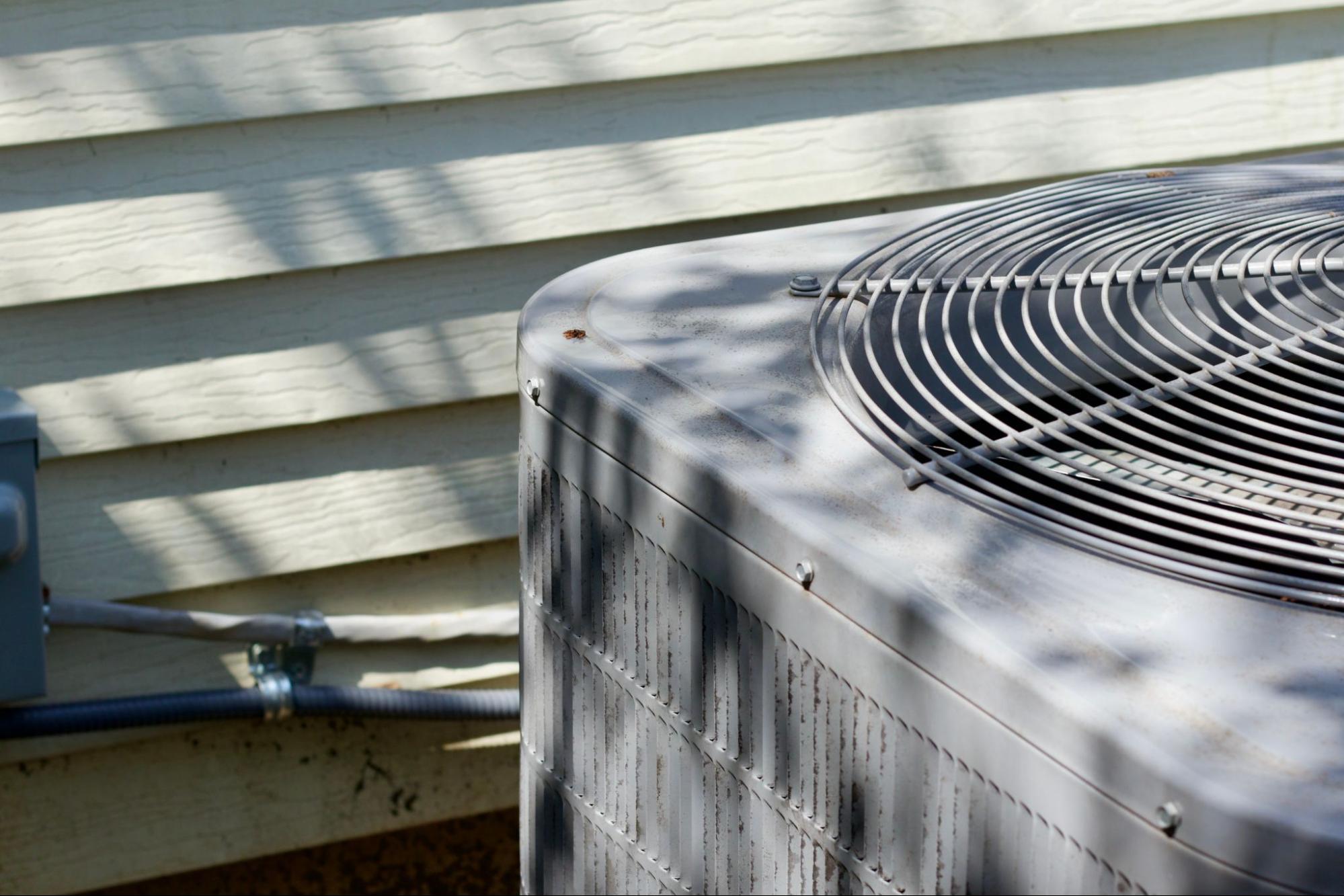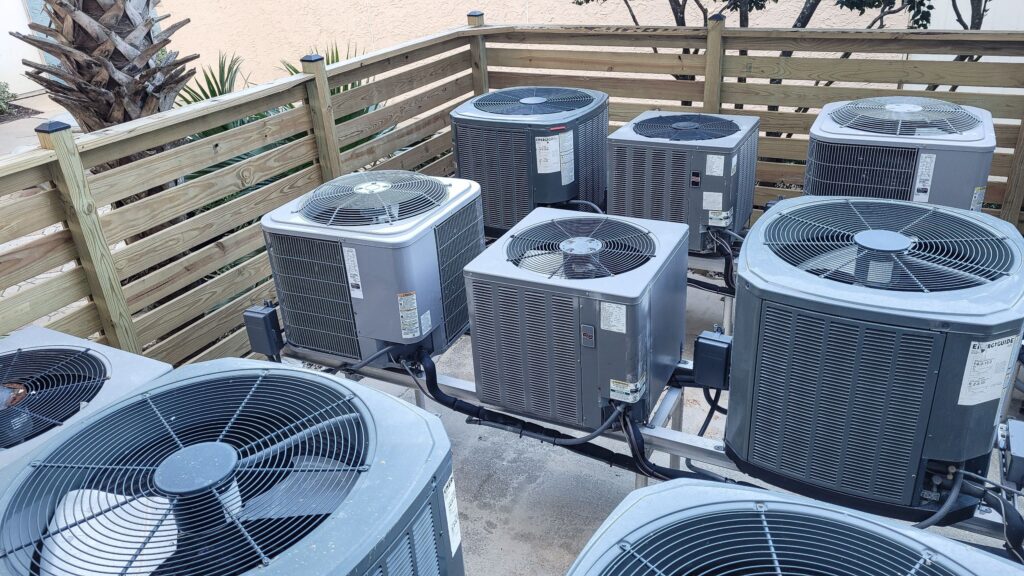
You wake up in the middle of the night in a sweat—or worse, shivering—and it hits you: the heat or AC has stopped working. And, of course, it happens at the worst possible time. Sound familiar? If you’re a homeowner in St. Clair County, chances are you’ve been there—or will be. HVAC systems have a knack for quitting when you need them most, and that’s when you need emergency HVAC repairs fast.
At S&P Heating, we know how stressful it can be to deal with a system shutdown, especially during extreme weather. That’s why we’ve created this quick, comprehensive guide on what to do when your system suddenly stops working and how to get help from a qualified emergency HVAC technician—day or night.
Step 1: Don’t Panic—Do a Quick System Check
Before you start Googling “24/7 emergency HVAC near me,” take a breath. Some HVAC issues can be resolved without professional help—and without racking up an emergency call fee.
Here’s your quick DIY HVAC repair checklist:
- Check your thermostat: Is it on the correct setting? Is the battery dead?
- Inspect your breaker box: A tripped breaker might be the culprit.
- Change your air filter: Clogged filters can restrict airflow and cause the system to shut down.
- Look for ice: If you see a frozen coil, turn the system off and let it thaw.
- Ensure nothing is blocking vents: Obstructed airflow can mimic a shutdown.
If your system still isn’t running and you’re facing no heat or AC, it’s time to escalate.
Step 2: Identify the Emergency
Not all HVAC issues are urgent, but some situations demand immediate attention. Here’s when to call for urgent HVAC repair in St. Clair County:
- It’s below freezing or above 90°F, and your system won’t run
- Your furnace won’t ignite, and the house is rapidly losing heat
- There are burning smells, smoke, or electrical sounds
- You or someone in the home is medically vulnerable to extreme temps
If you’re experiencing a furnace emergency or the conditions are unsafe, call a pro immediately.
Step 3: Call a Local Emergency HVAC Technician
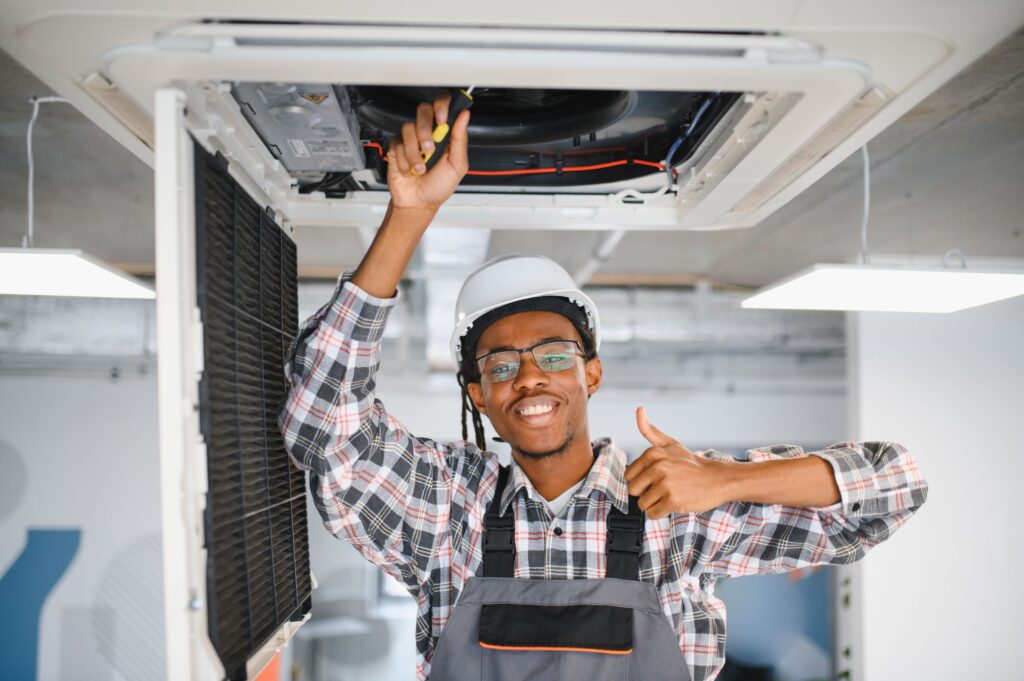
When the need is real, you want fast, reliable help from a team that knows the area. That’s why working with a local provider is key. They offer after-hours HVAC help with a quick response time, so you’re not stuck sweating or freezing for long.
What you’ll need when you call:
- Your address and contact info
- Description of the issue (e.g., “furnace blowing cold air”)
- Any DIY steps you’ve already tried
- Whether there are children, elderly, or vulnerable individuals in the home
This helps the technician on call assess the urgency and bring the right tools.
Step 4: Understand What Happens During an Emergency Visit
So you’ve called in the cavalry. What next? During an emergency service, your emergency HVAC technician will arrive with tools, parts, and a diagnostic game plan. Their goal is to get you comfortable again—fast.
Expect:
- A quick but thorough rapid HVAC diagnostics check
- Temporary solutions if a full repair must wait (e.g., ordering a part)
- Honest communication about what’s wrong and how to fix it
- A follow-up appointment if the fix is complex
Good techs will prioritize emergency comfort solutions, even if they can’t do a complete overhaul on the spot.
Step 5: Stay Safe While You Wait
If there’s going to be a delay or if power has to be cut during the repair, make sure you stay safe in the meantime.
For cold weather:
- Close off unused rooms
- Use safe space heaters (never use ovens for heat)
- Layer up with blankets and warm clothing
For hot weather:
- Close blinds to block sunlight
- Use fans for air movement
- Stay hydrated
- Relocate to a cool location if medically necessary
How to Prevent HVAC Emergencies in the First Place
Here’s a fun fact: Most “sudden” HVAC failures are actually slow build-ups of smaller problems that were ignored or missed.
Preventative maintenance helps avoid:
- Clogged filters
- Refrigerant leaks
- Broken blower motors
- Sensor failures
By scheduling seasonal tune-ups, you’re less likely to wake up in a puddle of sweat or shivering under four blankets.
Call S&P Heating for Emergency HVAC Repairs in St. Clair County
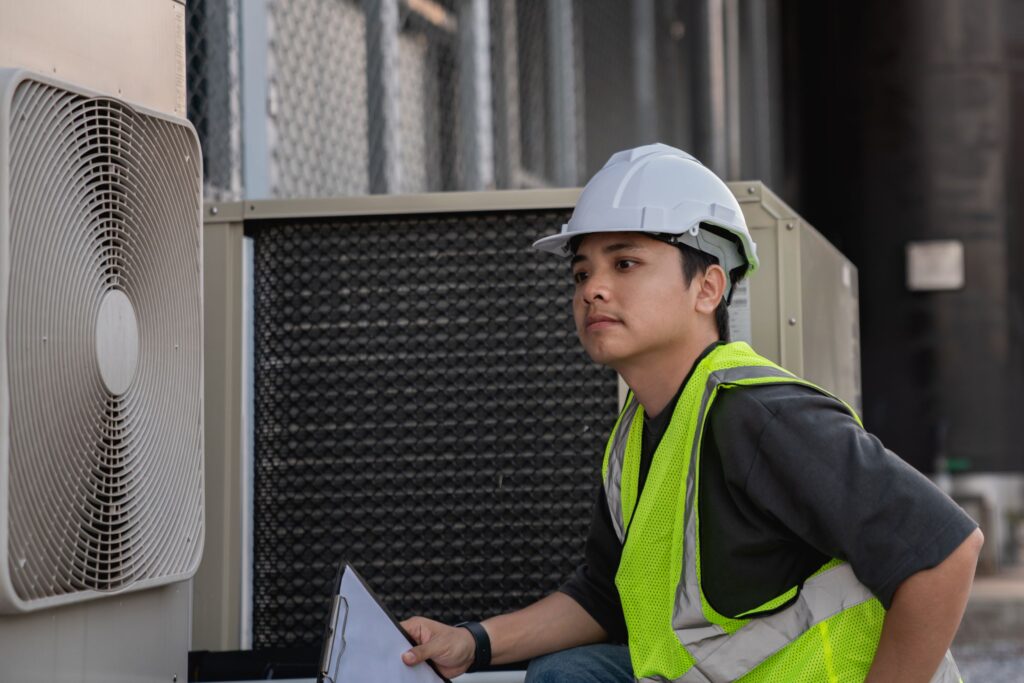
Whether it’s the dead of winter, the middle of a July heatwave, or the moment your guests arrive for Thanksgiving—HVAC repairs never wait for a convenient time.
That’s why S&P Heating offers fast, honest, and reliable HVAC services right here in St. Clair County. Our technicians come equipped, informed, and ready to restore your comfort—no matter when your system quits.
Call us anytime, we’re here to help you breathe easy again.
FAQ: Emergency HVAC Repairs in St. Clair County
Should you shut off your HVAC system while waiting for emergency service?
Yes, in most cases it’s a good idea to turn off your system at the thermostat or breaker until the technician arrives. This helps prevent further damage, especially if there’s an electrical issue, frozen coil, or refrigerant problem. If the system continues trying to run while broken, it can overheat or cause secondary failures.
Can a technician repair your system during extreme weather conditions?
Yes, but it depends on the severity of the weather and the nature of the repair. Most emergency HVAC technicians can work through rain, heat, or cold with proper gear. However, dangerous conditions (like lightning or icy roofs) may delay service until it’s safe. If that’s the case, a temporary solution will often be provided.
Next Up: Common HVAC Repairs Needed in Older St. Clair County Homes—and How to Fix Them
Got an older home with an aging system? Don’t miss our next article: “Common HVAC Repairs Needed in Older St. Clair County Homes—and How to Fix Them.“ We’re breaking down the quirks and fixes for historic houses and dated ductwork!

